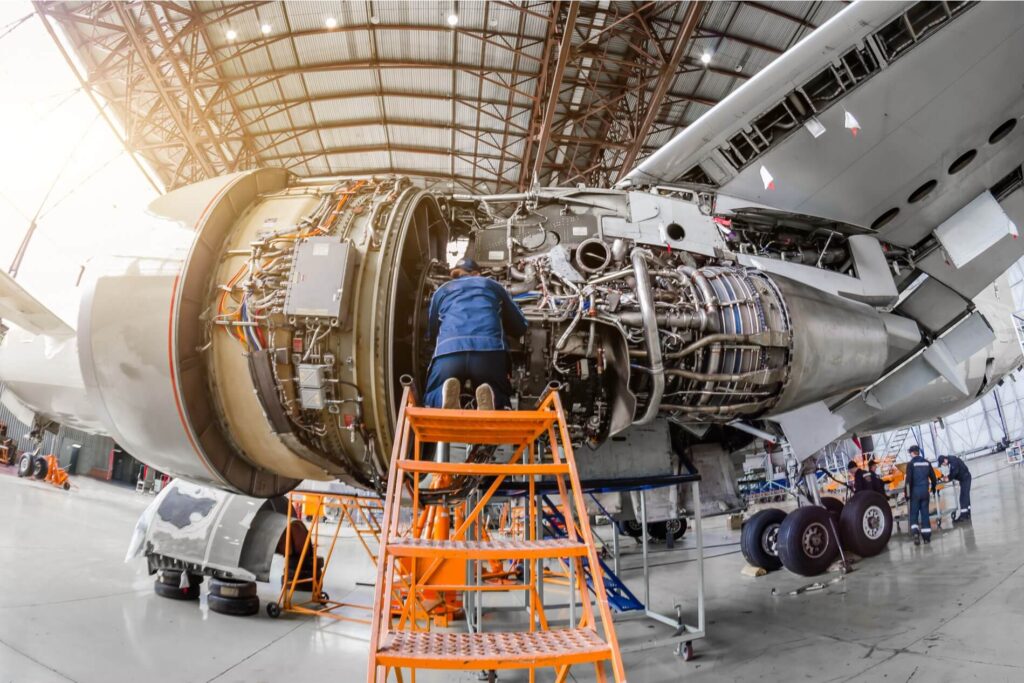A union in the United States (US) has thrown its weight behind a new rule proposed by the Federal Aviation Administration (FAA) to test overseas aircraft mechanics for drugs and alcohol.
Under the new rule, certificated repair stations located outside the US, whose staff carry out ‘safety-sensitive maintenance functions’ on certain air carrier aircraft, would be required to implement a drug and alcohol testing program.
According to the FAA, few countries require testing of aviation or maintenance personnel.
“This rule would ensure these employees are held to the same high level of safety standards regardless of where they are physically located,” the FAA said.
The International Brotherhood of Teamsters union said that it “applauded” the rule, which would see overseas technicians face the “same drug and alcohol screening as safety-sensitive aircraft mechanics” as in the US.
Joe Ferreira, Teamsters Airline Division Director, said: “This is a critical step forward in ending our two-tiered aviation safety system, whereby mechanics in countries like China, El Salvador, Brazil, and Singapore don’t have to abide by the same rules as American aircraft technicians, who are among the most talented and knowledgeable in the world.”
Ferreira added: “There’s a huge segment of the flying public that doesn’t know that the airplane they are flying on might be repaired by someone who isn’t subject to the same substance abuse screening as a technician in this country. When passengers find out about this, they are usually outraged and horrified.”
Teamsters said that the move would protect US airlines, small and large, that are sending maintenance work to overseas facilities without any scrutiny regarding the drug and alcohol use of employees.
Bob Fisher, Teamsters Airline Division Deputy Director, said: “This will go a long way towards onshoring aviation maintenance jobs by ending an economic incentive that puts the flying public at risk. We will continue to oppose the outsourcing of the work in our craft and demand additional regulatory and statutory requirements to ensure airlines can’t cut corners to save money overseas. We look forward to providing the FAA with our insights during the rulemaking process, and to the expeditious implementation of the mandate once it’s finalized.”
If the rule is finalized, the repair stations in question would need to ensure that their employees receive all necessary anti-drug and alcohol training.
The facilities would then be responsible for sending staff testing data electronically to the Department of Transportation in the US.
The FAA estimated that the proposed rule would impact approximately 977 repair stations in 65 countries.
